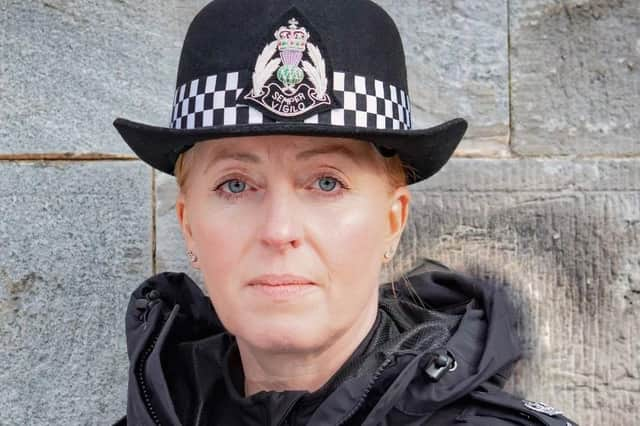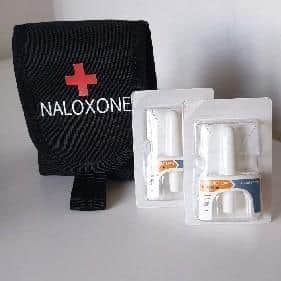Life-saving drug rolled out to police


Pouches containing two intra-nasal Naloxone sprays and casualty information cards are being distributed for the first time to all constables, sergeants and inspectors, numbering around 630 in the division.
Naloxone works by reversing the respiratory suppression caused by opioids/opiates and can buy the casualty critical minutes until ambulance clinicians arrive on scene.
Advertisement
Hide AdAdvertisement
Hide AdOfficers complete an online training course as an extension of their first aid skills before receiving the pouch, which is worn alongside their standard issue equipment as they go about their duties.


Officers already undertake in-depth first aid training, and the carriage and administration of Naloxone is an extension of their first aid skills.
Chief Superintendent Catriona Paton, divisional commander, said: “The role of policing is vast and varied and preservation of life lies at the very core of our duties. Equipping our officers here in The Lothians and Scottish Borders with Naloxone enhances their existing first aid skills and provides further opportunities to provide life-saving interventions.
“Drug misuse can have a devastating effect on individuals, families and entire communities. By working alongside partner agencies, I very much hope the carriage of Naloxone by our officers helps to saves lives and positively change attitudes.”
Advertisement
Hide AdAdvertisement
Hide AdPolice Scotland piloted the carriage and use of Naloxone by its officers in 2021 as part of a public health approach to addressing the country’s drug death rates.
Since officers in Scotland began carrying Naloxone, it has been administered at least 128 times (as of Friday, February, 24) with positive outcomes on all but five occasions.
In four out of the five incidents, officers suspected the individual was already deceased, however, they used Naloxone to give the casualty every possible chance at recovery.
In the fifth case the individual did not regain consciousness and later died in hospital.